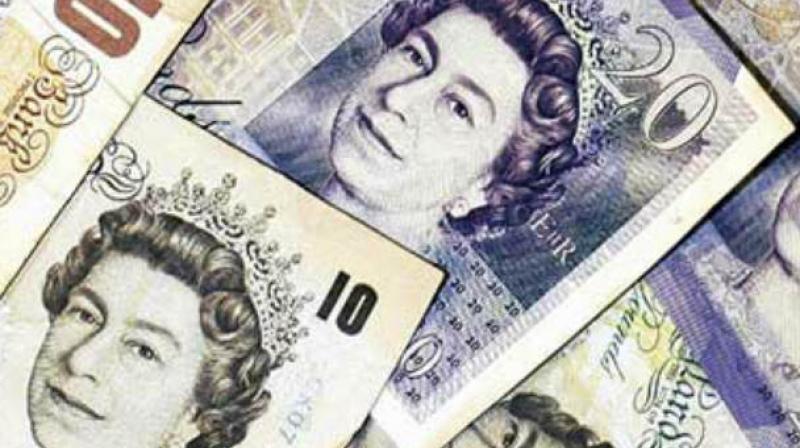UK govt's aid to Pakistan fails to reach the poorest: report

London: A large chunk of the funds from the UK government's aid programme to Pakistan was failing to reach the poorest in the country, according to a report.
The Independent Commission for Aid Impact (ICAI), which scrutinises aid money, concluded in a review into the cash transfer programmes of the government's Department for International Development (DfID) that in the case of Pakistan a quarter of recipients fell above the poverty threshold.
"The largest inclusion error we came across was in Pakistan, where the programme aims to reach the poorest 25 per cent of the population but the World Bank found that a quarter of recipients fell well above that threshold," the report says.
Britain has ear-marked 300 million pounds between 2012-20 towards the Pakistani government's Benazir Income Support Programme, aimed at cash aid for the poorest families.
The cash transfer programme previously gave national and provincial assembly members in the country a budget and let them select the beneficiaries.
DfID has now introduce a new targeting mechanism based on a "poverty score card" and the system was described as "not yet perfect" by ICAI in its review.
The report states, "After advocacy and technical support from DfID, the World Bank and USAID, the targeting mechanism was changed to a proxy means-based Poverty Score Card that enables effective targeting of the poorest 25 per cent of households.
"It is not yet perfect (in 2013, the World Bank estimated that only 75 per cent of the transfers reached the poorest 40 per cent of the population) but it has been a step change in Pakistan’s cash transfer practice, making it considerably more effective in alleviating poverty."
A section of the British-funded Pakistani programme goes to an incentive scheme aimed at encouraging more children to go to school by paying 5.40 pounds a quarter for each child who goes to school. The rewards have succeeded in improving pupil attendance, the review concluded.
As part of the scheme, other households are given between 7 and 11 pounds a month without any conditions attached. The rates are intended to be set at a low level to avoid dependency.
A DfID spokesperson said, "It is simply wrong to suggest that cash transfers in Pakistan are failing to reach the poorest people. All beneficiaries are living on less than 3 pounds a day and 75 per cent of them are living on even less.
"ICAI’s independent report rightly recognises that cash transfers get aid to those who need it, when they need it, and achieve value for taxpayers money."
DfID is among the world’s largest donors of cash transfer programmes.
The ICAI report titled 'The effects of DfIDs cash transfer programmes on poverty and vulnerability concluded that the overall impact of cash transfer programmes around the world were satisfactory.

